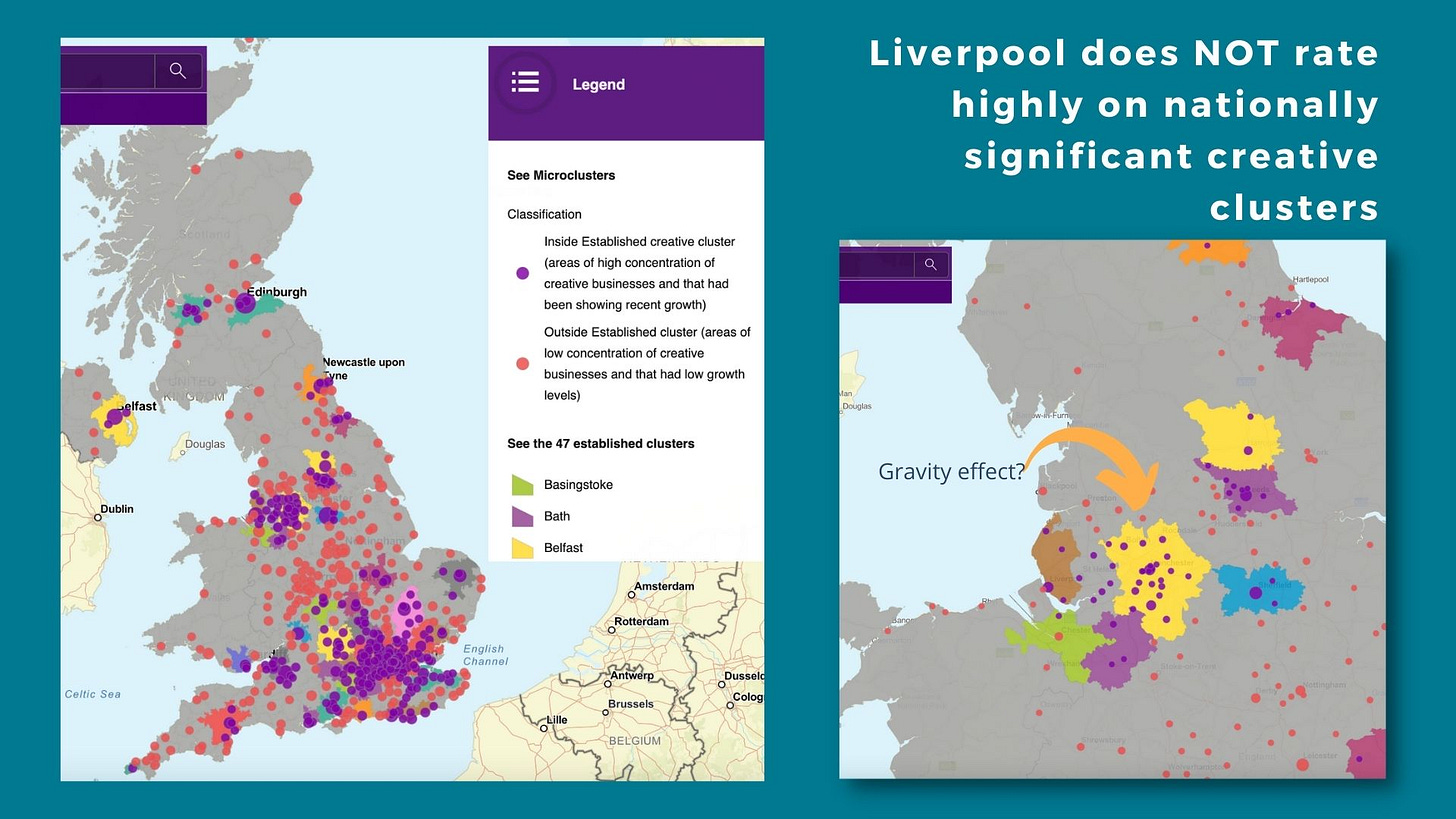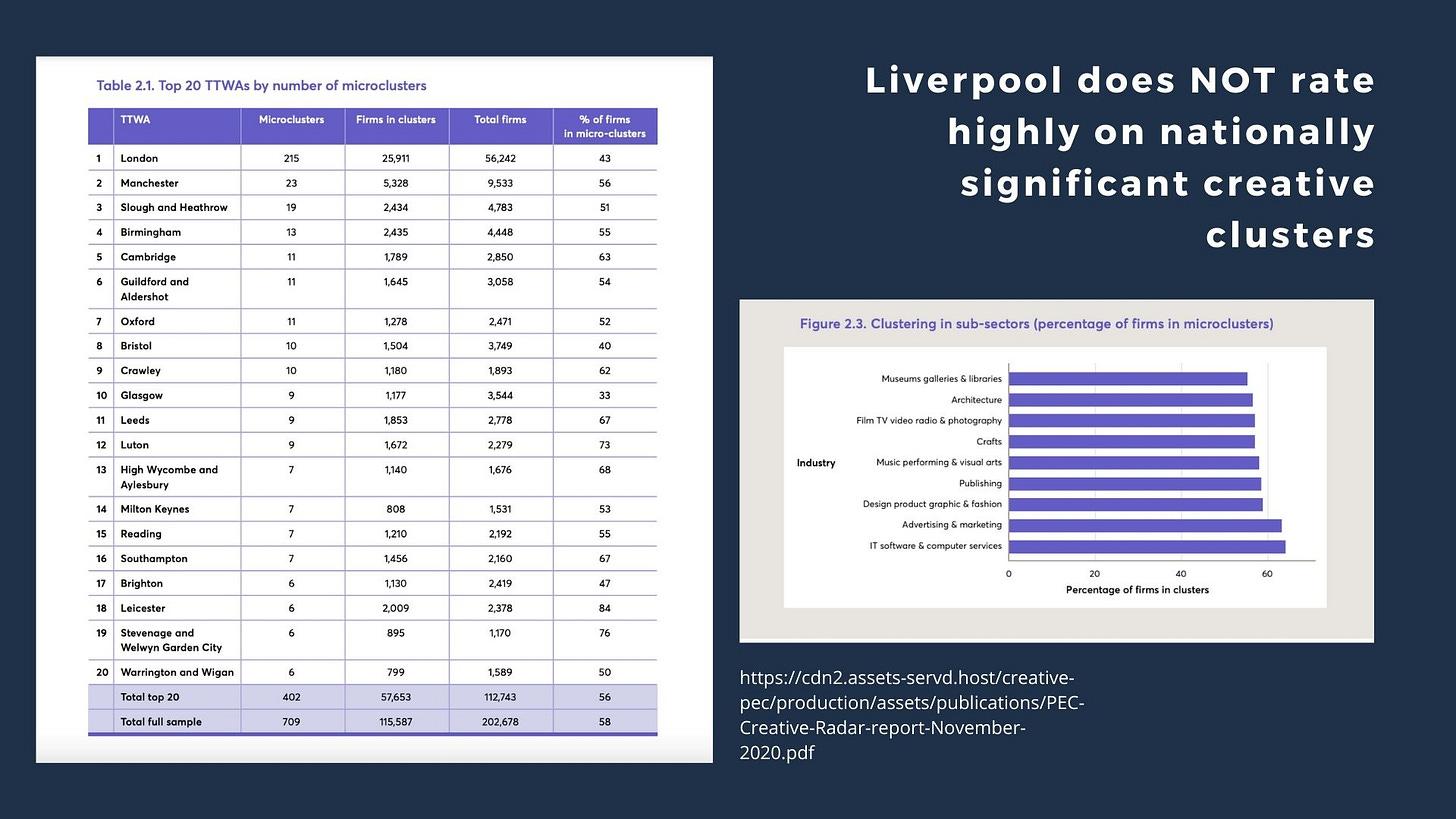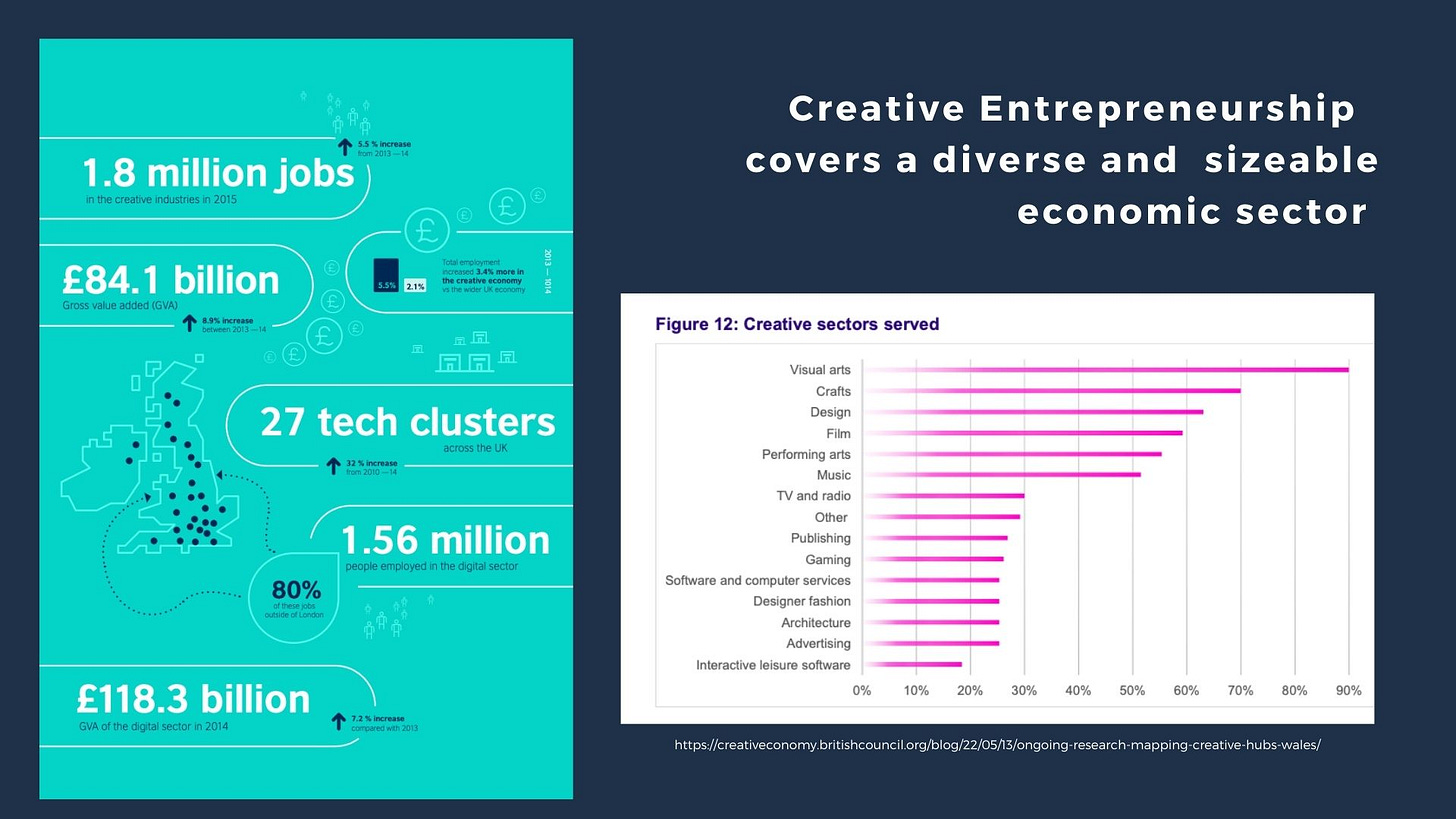I really enjoyed chairing the Birkbeck CIMR panel discussion on the role of creative entrepreneurship and skills development in the Liverpool City Region. With the Bernstein Commission in place and with direct supervision over the governance of the City, there are big questions about the direction future development should take.
Panel
Alison Pountney, Musician, Creative entrepreneur and Innovation Coach at the University of Liverpool
Dr Dave Tully, owner of Scenegraph, VR/AR game developer and Multiverse researcher, specialising in mental health applications
Dr Andrew Atter, Visiting Fellow CIMR, edtech founder, innovation researcher and psychodynamic coach (Chair)
The panel comprised founders, researchers and technologists from the Liverpool City Region, with the hope of exploring the role creative entrepreneurship - and the options for the “horizontal city” as a basis for economic development and social improvement.
Backround
With a new government in place, the “levelling up” policy in question, and the government-sponsored Bernstein/Blake Review underway (see links below), this is a good time to critically review the development options in the Liverpool City Region.
The workshop will take as its starting point prior CIMR workshops on economic growth, skills development and entrepreneurship, such as the event in May 2021 delivered by Professor Maryann P. Feldman and Dr Thomas Kemeny. The key theme will be how to build a self-sustaining and locally generating entrepreneurial culture.
How does Liverpool rank?
Despite some successes, such as the relocation and expansion of Sony Games in Liverpool, there is some evidence that the attempts to build a self-sustaining “startup culture” are not working as well as they should, and business media continues to highlight the difficulties the Liverpool City Region has in retaining start-ups and tech talent.
But are we looking in the right places? And, do we know what skills we want to develop for the future?
Impact of Creative Entrepreneurship
Key takeaways for me
the need for alignment and collaboration between the Universities, government and public institutions, to avoid the situation currently where there are multiple micro-initiatives chaotically competing for attention across the LCR region.
the tough choices that Universities face in developing rapidly moving skills. Micro-credentialing is an option but how does this sit within traditional degrees, and how does this reach students who aren’t registered at the university?
the need to create local facilities and amenities that allow creative projects to thrive. For example, Start Yard can’t open at weekends, has double yellow lines outside and literally, isn’t on the map. These details matter as they indicate a local government culture that its ambivalent towards creative hubs.
Additional Links
Government to set up strategic futures panel to support growth and lead Liverpool to bright future
The Post - Why are companies leaving Liverpool?
Sony to open new 65,000 sq ft Liverpool office
CIMR: Knowledge Economy Cities vs Left Behind Places: Can the Gulf be Narrowed?














